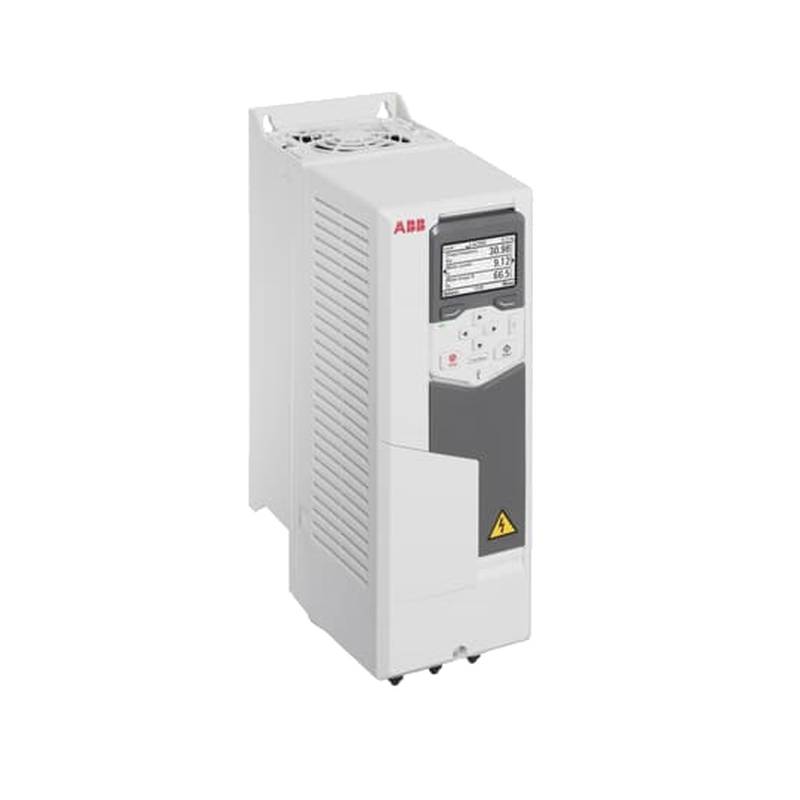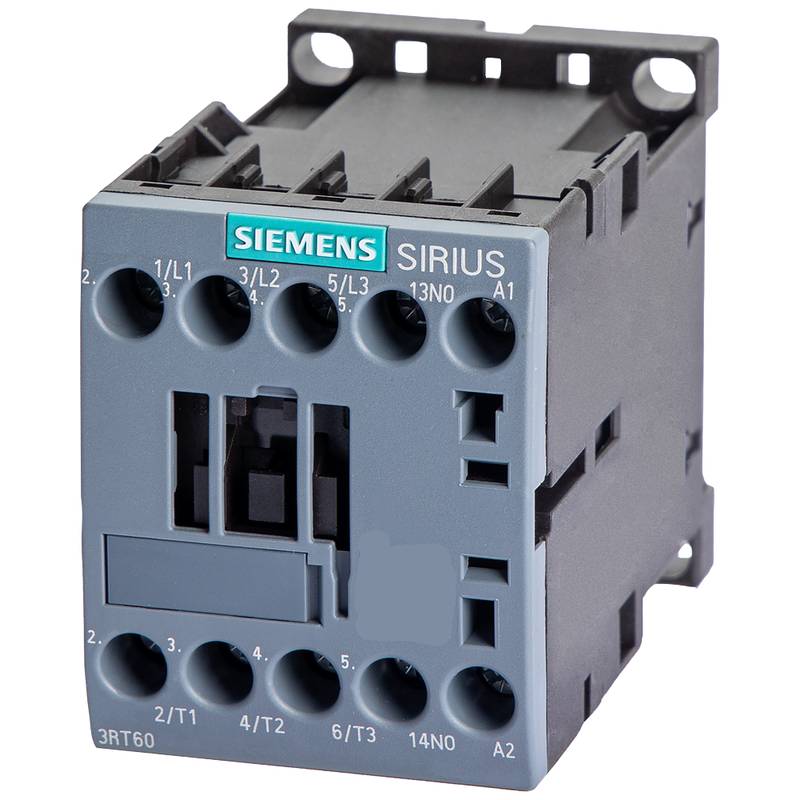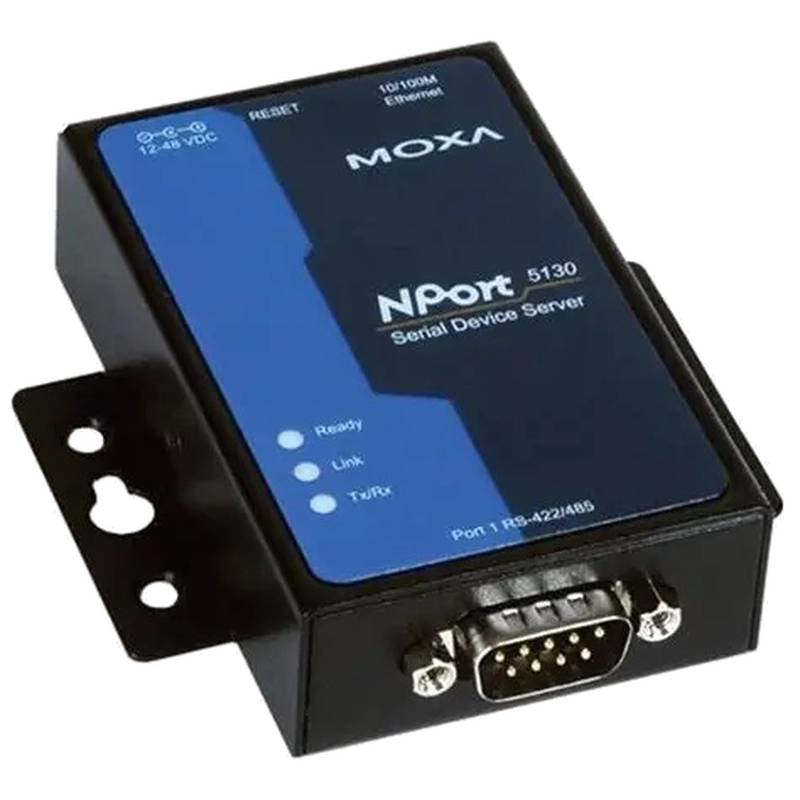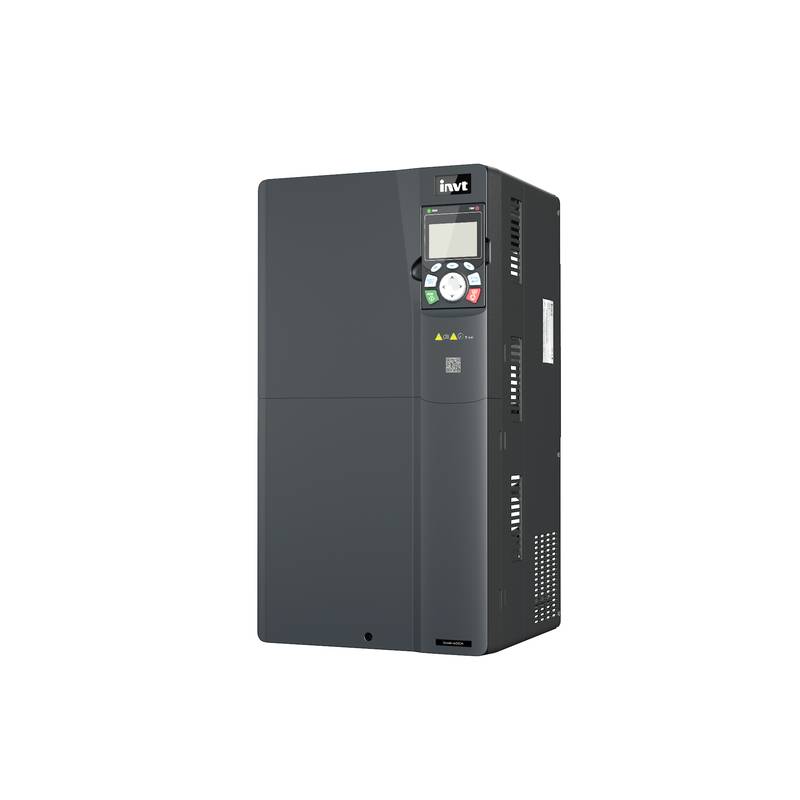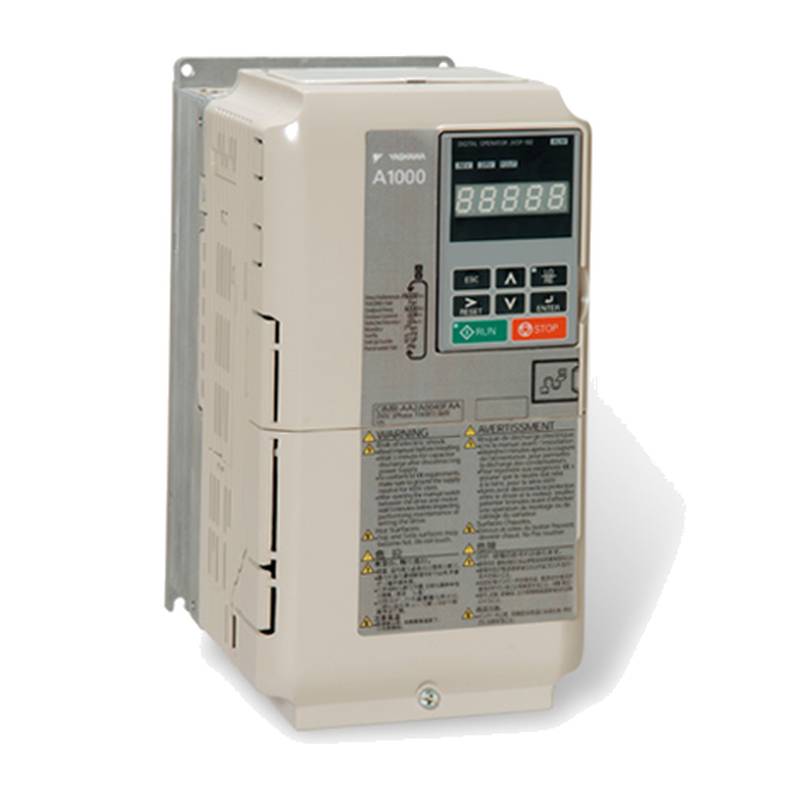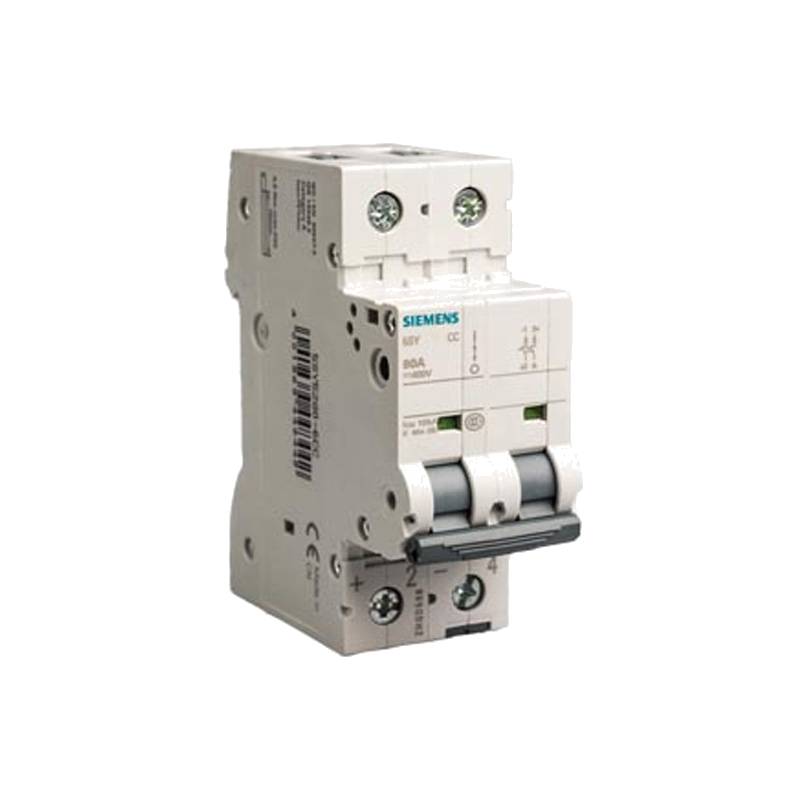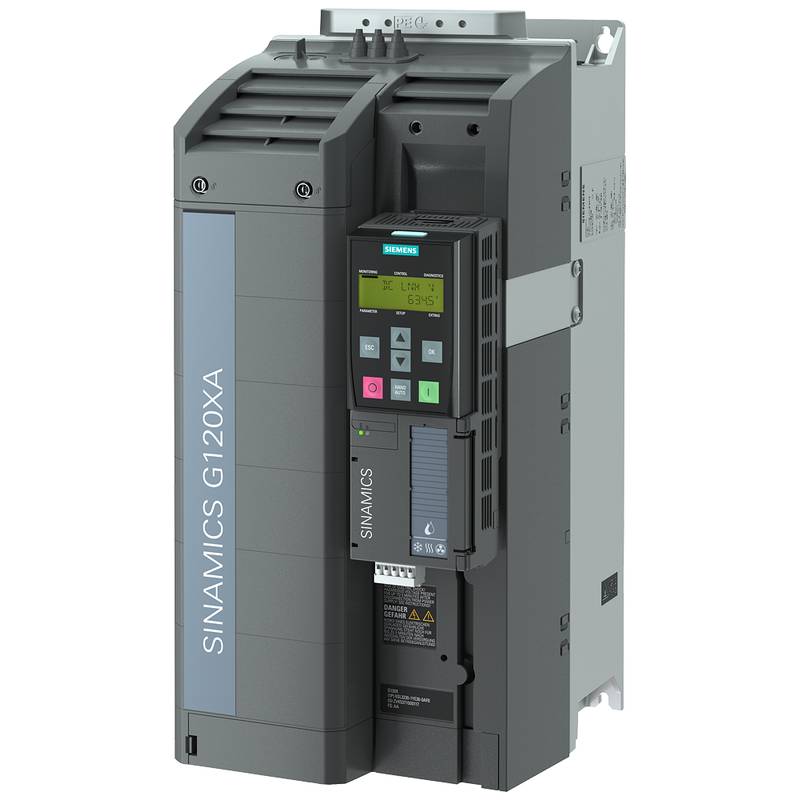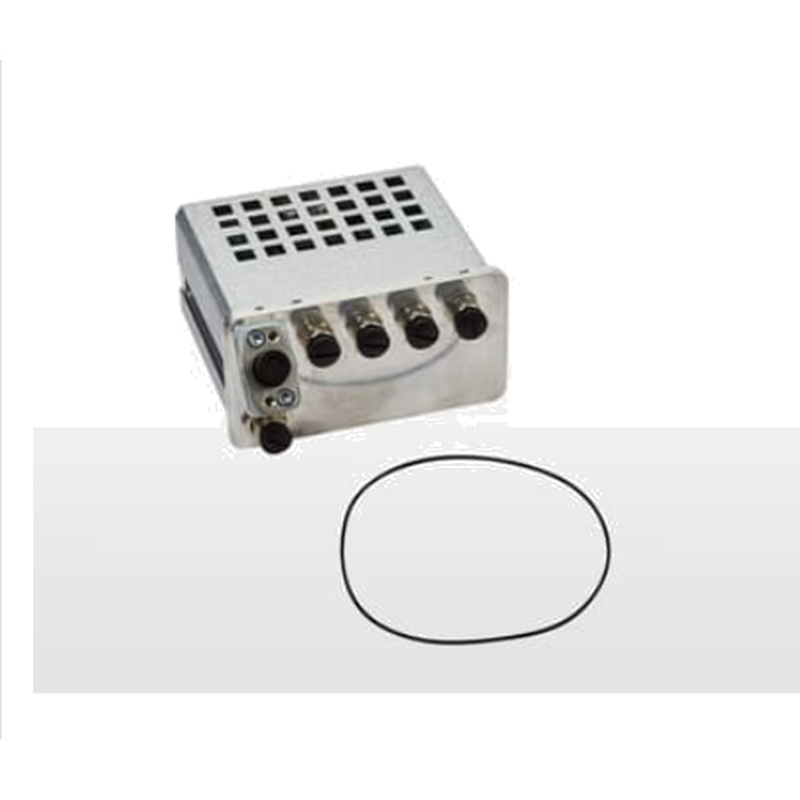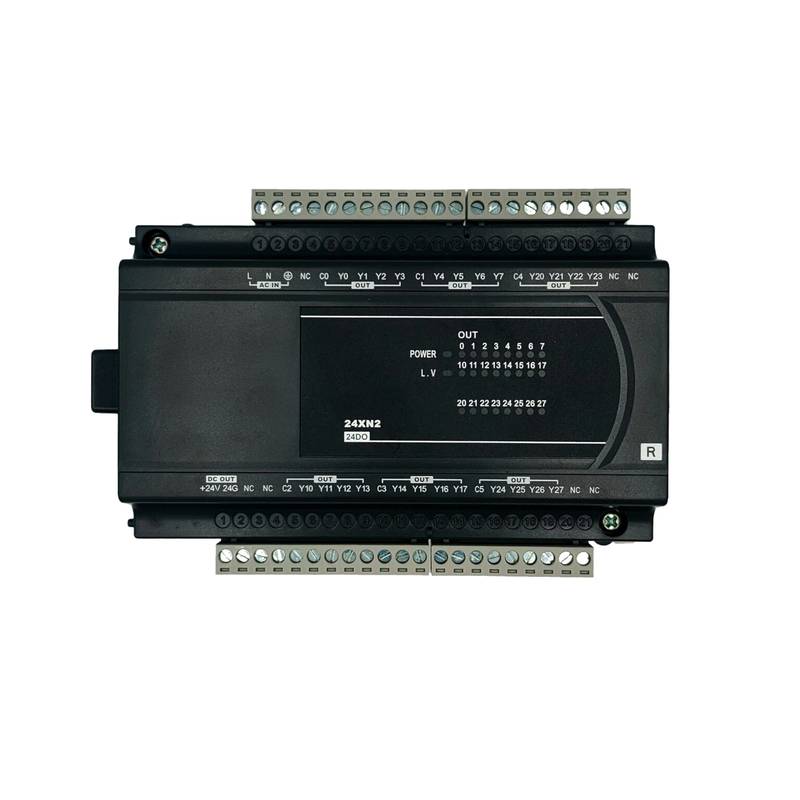
The ABB ACS580-01-07A3-4 industrial-grade frequency drive stands as a robust and versatile solution for variable speed control applications. This compact and user-friendly drive offers significant energy savings and enhanced process efficiency across a wide spectrum of industrial settings. Key advantages include its intuitive interface, flexible configuration options, and built-in safety features. With a power rating of 3.7 kW and a supply voltage of 380-480V, the ACS580-01-07A3-4 is engineered for demanding industrial environments, delivering reliable performance and optimized motor control.
Product Specifications
| Feature | Specification |
| :------------------ | :----------------------------------------------- |
| Model | ACS580-01-07A3-4 |
| Rated Power (kW) | 3.7 |
| Supply Voltage (V) | 380-480 |
| Phase | 3-phase input, 3-phase output |
| Current Rating (A) | 7.3 |
| Enclosure | IP21 (Standard), IP54/IP66 (Optional) |
| Control Method | Scalar, Vector Control |
| Communication | Modbus RTU (Standard), optional fieldbuses |
| Operating Temp. (°C)| -15 to +50 (derating above +40°C) |
| Dimensions (H x W x D mm) | 265 x 140 x 168 (approximate for IP21) |
Core Features & Market Positioning
The ABB ACS580-01-07A3-4 distinguishes itself through its all-compatible design, meaning it can control virtually any AC motor with the same intuitive interface and firmware. This universality simplifies inventory management and reduces training needs for maintenance staff. Its advanced adaptive programming functionality allows for custom application logic to be embedded directly into the drive, minimizing the need for external controllers and reducing system complexity. The drive's focus on ease of use, from installation to operation, positions it as a highly accessible yet powerful solution for both experienced engineers and those new to variable speed drives. ABB's strong reputation for reliability and global support further solidifies the ACS580 series' market presence.
Key Application Scenarios
The versatility of the ABB ACS580-01-07A3-4 makes it suitable for a broad range of industrial applications. It excels in pump and fan control, where precise speed adjustment leads to significant energy savings and reduced wear on equipment. Conveyor systems benefit from its smooth acceleration and deceleration capabilities, improving material handling efficiency and product integrity. In general manufacturing, it provides reliable motor control for mixers, crushers, and other machinery, optimizing production processes and reducing energy consumption. The drive's robust construction and protection features also make it appropriate for environments with dust or moisture.
Practical System Integration Guidance
Integrating the ACS580-01-07A3-4 into an existing system is streamlined due to its intuitive design and flexible connectivity. For basic motor control, wiring involves connecting the incoming power supply to the line terminals (L1, L2, L3) and the motor leads to the output terminals (T1, T2, T3). The drive supports standard Modbus RTU communication out-of-the-box, allowing for easy integration into SCADA or PLC systems. Optional fieldbus modules for PROFIBUS, PROFINET, EtherNet/IP, and DeviceNet are available for more complex network requirements. Commissioning typically involves setting motor data, ramp times, and desired operational parameters via the drive's control panel or PC tool (like ABB's Drive Composer). Careful consideration of ambient temperature and ventilation is crucial to ensure optimal performance and longevity, especially when operating at higher loads or in enclosed spaces.
Operation and Risk Mitigation
Operating the ABB ACS580-01-07A3-4 is facilitated by its intuitive NEMA 1 (IP21) or NEMA 4X (IP66) rated control panel, featuring a multilingual display and straightforward navigation. Built-in safety functions, such as Safe Torque Off (STO), are integral to risk mitigation, providing a reliable method for preventing unexpected machine start-ups during maintenance. Common troubleshooting typically involves checking fault codes displayed on the panel. For instance, "Overcurrent" faults (e.g., F301) may indicate motor overload or incorrect motor data settings, while "Overtemperature" faults (e.g., F302) suggest inadequate cooling or ambient conditions. Consulting the drive's manual for specific fault code explanations and recommended actions is paramount for safe and effective operation.
Scalability & Long-Term Value
The ABB ACS580-01-07A3-4 offers significant long-term value through its scalability and compatibility. Its modular design allows for the addition of various option units, including communication modules, I/O extensions, and external filters, enabling adaptation to evolving system requirements. This drive series is designed to integrate seamlessly with ABB's broader automation ecosystem and third-party control systems, supporting Industry 4.0 initiatives through advanced connectivity and data reporting capabilities. The inherent energy savings realized by optimizing motor speed translate directly into reduced operational costs, making the ACS580 a cost-effective investment over its lifespan. Furthermore, ABB's commitment to product development and long-term availability ensures that spare parts and support remain accessible.
Frequently Asked Questions (FAQs)
1. What is the typical power consumption of the ABB ACS580-01-07A3-4?
The power consumption is directly related to the motor load. At full load, it draws approximately 7.3 Amps.
Energy efficiency is a key benefit, as the drive only uses the power necessary for the current motor speed.
When lightly loaded or idling, consumption is significantly reduced, leading to substantial energy savings compared to fixed-speed operation.
2. How do I connect a motor to the ABB ACS580-01-07A3-4?
Connect the three motor phase wires to the drive's output terminals T1, T2, and T3.
Ensure the incoming power supply (380-480V, 3-phase) is connected to L1, L2, and L3 terminals.
Always refer to the wiring diagram in the product manual for correct and safe connections, including grounding.
3. What are the primary benefits of using the ABB ACS580-01-07A3-4 over a direct-on-line starter?
It offers significant energy savings by adjusting motor speed to match process demand.
Variable speed control allows for smoother acceleration and deceleration, reducing mechanical stress and wear.
Enhanced process control and optimization are possible, leading to improved product quality and reduced waste.
4. Can the ABB ACS580-01-07A3-4 be used in outdoor or dusty environments?
The standard IP21 enclosure is suitable for most indoor industrial applications.
Optional IP54 or IP66 enclosures provide enhanced protection against dust and water ingress.
Always select the appropriate enclosure rating based on the specific environmental conditions of the installation site.
5. What communication protocols does the ACS580-01-07A3-4 support?
It natively supports Modbus RTU for basic serial communication.
Optional fieldbus adapter modules allow for integration with networks like PROFINET, EtherNet/IP, and PROFIBUS.
This ensures compatibility with a wide range of industrial automation systems and PLCs.
6. How is parameter backup and restoration performed on this drive?
Parameters can be saved to the drive's internal memory or to an external memory unit.
The Drive Composer PC tool facilitates easy backup and restoration of parameter settings.
This feature simplifies commissioning, troubleshooting, and migrating configurations to new drives.
7. What is the Safe Torque Off (STO) function, and how does it work?
STO is a built-in safety feature that prevents the motor from generating torque.
It is activated by a signal from a safety device, such as an emergency stop button.
STO is a highly reliable safety measure that meets stringent safety standards for machinery.
8. Does the ACS580-01-07A3-4 require special motor tuning?
For basic applications, standard scalar control often requires minimal tuning.
For optimal performance and energy efficiency, especially in demanding applications, vector control tuning is recommended.
The drive's auto-tuning function simplifies the process of setting motor parameters.
9. What are the typical fault codes associated with this drive?
Common faults include overcurrent (F301), overtemperature (F302), and undervoltage (F303).
Specific codes for motor overload, communication errors, and external fault signals are also present.
Always consult the ACS580 user manual for a comprehensive list and troubleshooting guidance.
10. Is the ABB ACS580-01-07A3-4 compatible with older ABB drive systems?
While sharing ABB's design philosophy, direct software compatibility may vary.
Parameter settings and programming logic often need adaptation for different drive series.
ABB's Drive Composer tool can assist in migrating parameters and understanding differences.














